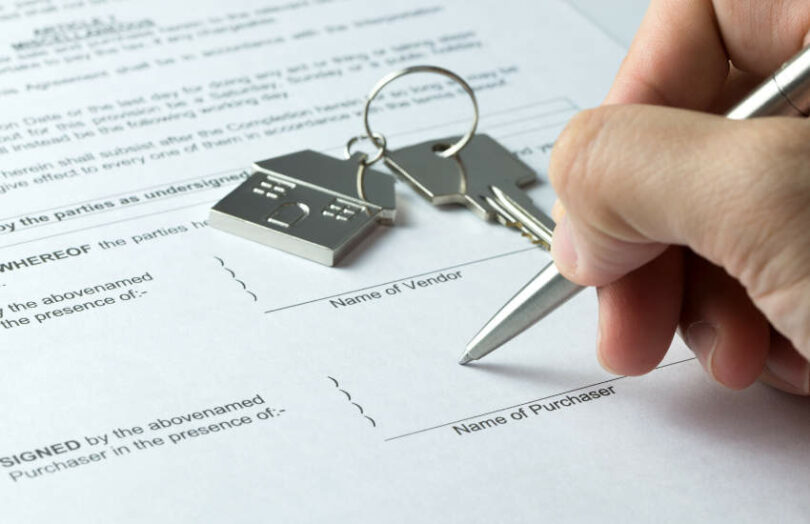The Inter-American Development Bank (IDB) has been a blockchain trailblazer, with its IDB Labs founding the LACChain public permissioned blockchain network spanning Latin America (LATAM) and the Caribbean. As a development bank, the objective for LACChain is to support grassroots blockchain applications that impact everyday lives. Today enterprise application developer ChromaWay announced it has completed a property registry pilot with LACChain using a permissioned version of the Chromia blockchain.
The LAC PropertyChain aims to improve the transparency of property records and streamline the paper-based registration process to improve trust. A lack of trust results in conflict, reduced activity, and higher interest rates for mortgages.
The pilot was based on Peruvian law, but Bolivia and Paraguay are also explored in the accompanying report. In Peru, real estate fraud is significant, particularly falsifying real estate documents or identity fraud in which a person claims to be the property owner.
Frauds, particularly insider frauds, sometimes are only uncovered later because of a lack of transparency. Blockchain can only record what’s input, so it cannot prevent fraud by someone with authority to write to the blockchain. However, the transparency enabled by blockchain makes fraud easily detectable, which should act as a disincentive.
Bureaucracy is another key driver, with Peru taking nine days to register property, rising to 90 working days in the case of Bolivia. Inevitably any real estate transaction has numerous participants ranging from the buyer and seller to bankers, attorneys, other advisers, and the land registry. A shared infrastructure using blockchain can speed up the process.
The specific use cases in the pilot were mortgage discharge when the loan is repaid and subdividing a piece of property.
ChromaWay has worked on three previous property prototypes in 2018 in Sweden, Australia and Canada. It sees one of the benefits of its solution as the native relational database that underpins the Chromia blockchain. The IDB will decide on whether to proceed beyond a pilot.
Meanwhile, Medici Land has implemented several land registry projects in emerging economies, including Mexico, Liberia, Rwanda and Zambia.






